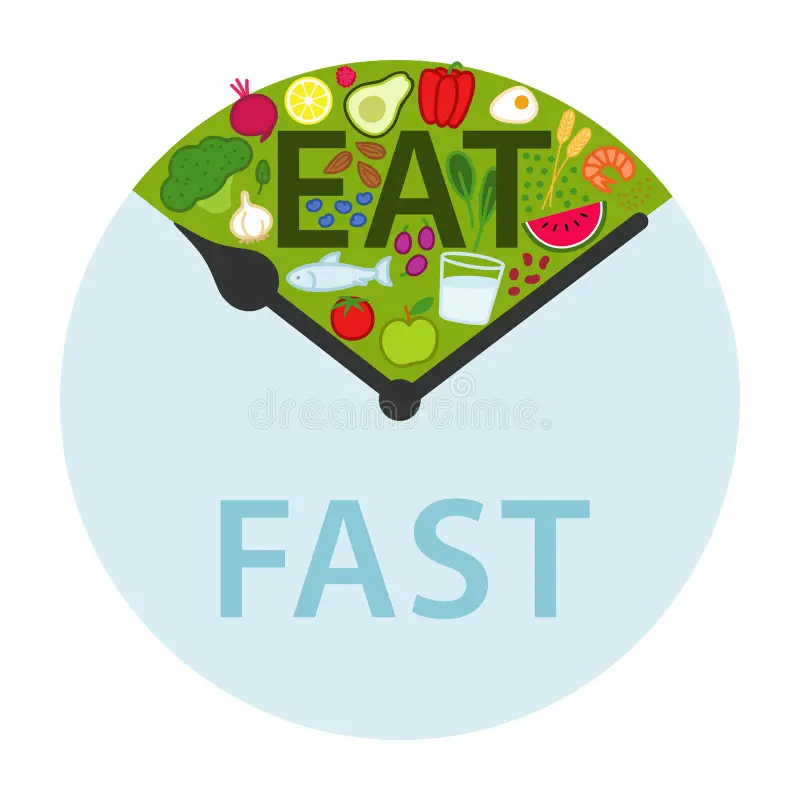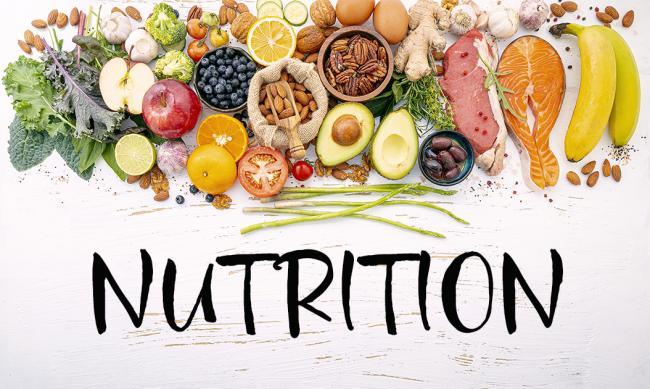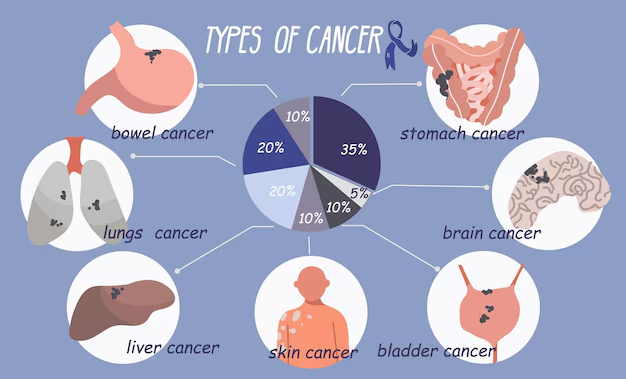Fasting Uncovered: Types, Benefits, Risks, and How to Do It Right
Fasting is more than just skipping meals—it’s a game-changer for both your body and mind. However, it can help you burn stubborn fat, sharpen your focus, improve heart health, and might even help you live longer. Whether you’re experimenting with intermittent fasting, water fasting, or fasting for spiritual reasons, giving your digestive system a break allows your body to heal and reset on a deeper level. The best part? It’s simple. No calorie counting, no complicated meal plans—just letting your body rest and recharge. Ready to see how fasting can work for you? Let’s explore the benefits, types of fasting.
What is fasting?
Fasting is basically choosing to go without food (and sometimes drinks) for a certain period of time. It can be as short as a few hours or as long as several days or even weeks. People fast for all sorts of reasons—some do it for health benefits of fasting, others for spiritual or religious reasons, and some just to challenge themselves.
What are the different types of fasting?
Fasting isn’t one-size-fits-all. There are several ways to do it, depending on your goals and lifestyle:
- Intermittent Fasting (IF):
This is probably the most popular type, where you switch between periods of eating and fasting. Common patterns include 16:8 (fast for 16 hours, eat during an 8-hour window) or 5:2 (eat normally for 5 days, then cut back calories for 2 days).
- Time-Restricted Eating:
Similar to IF, but more focused on daily eating windows—like only eating between 12 PM and 8 PM.
- Alternate-Day Fasting:
You eat normally one day, then either fast completely or reduce calories a lot the next day.
- Periodic Fasting:
This is where you fast for longer periods, like doing a full 24-hour fast once or twice a week.
- Water Fasting:
Just like it sounds—you only drink water for a set time.
- Religious Fasting:
Many faiths include fasting as part of their spiritual practice, like Ramadan for Muslims or Lent for Christians.
What are the health benefits of fasting?
Fasting comes with a bunch of potential health perks:
- Helps with weight loss and fat burning.
- Improves insulin sensitivity and helps manage blood sugar.
- Lowers inflammation, which can protect against diseases.
- Boosts mental clarity and focus.
- Improves heart health by lowering cholesterol and blood pressure.
- Some studies (mostly in animals) suggest it might even help you live longer.
Fasting isn’t perfect for everyone. It can lead to:
Feeling tired and low on energy.
- Headaches and dizziness, especially in the beginning.
- Muscle loss if you fast too long without enough protein.
- Nutrient deficiencies if you don’t eat a balanced diet during eating windows.
- Refeeding syndrome (a dangerous shift in electrolytes) if you break a fast too aggressively after fasting for a long time.
- Hormonal issues, especially for women, if fasting is too intense.
How does fasting impact mental health?
Fasting can actually sharpen your mind:
- It may boost mood and focus thanks to increased brain-derived neurotrophic factor (BDNF).
- Some people feel more mentally clear and energized during fasting.
- It can help reduce stress and symptoms of depression in some cases.
- It builds a sense of control and discipline.
- That said, some people find fasting makes them irritable or anxious, especially at first. It’s not for everyone mentally!
What are the religious practices associated with fasting?
Fasting is a big deal in many religions:
Islam: Muslims fast from dawn to sunset during the month of Ramadan.
Christianity: Fasting is practiced during Lent and other religious observances.
Judaism: Fasting happens on Yom Kippur and other sacred days.
Buddhism: Monks and nuns often stop eating after noon each day.
Hinduism: Fasting is common on certain holy days, like Ekadashi.
For many people, fasting is as much about spiritual discipline as it is about physical health.
Is fasting suitable for everyone?
Fasting isn’t for everybody, and that’s totally fine. It’s probably not the best idea if you’re:
- Pregnant or breastfeeding.
- Dealing with an eating disorder or have a history of disordered eating.
- Managing diabetes or struggling with low blood sugar (unless you’re under medical supervision).
- Taking medication that requires food.
Living with a chronic health condition that could be aggravated by fasting.
How does intermittent fasting differ from other diets?
However, the big difference is that intermittent fasting focuses on when you eat, not necessarily what you eat.
- No need to cut out entire food groups or count calories (though it helps to eat healthy)
- Flexibility—you decide the timing that works for you.
- It’s more about meal timing and structure rather than strict rules about food choices.
Can fasting improve longevity?
Animal studies suggest that fasting might help you live longer by reducing inflammation and improving metabolic health. But the evidence for humans is still early-stage. It’s promising, but more research is needed to confirm whether fasting can truly extend human lifespan.
What should you eat after breaking a fast?
How you break a fast matters! It’s best to go easy on your digestive system: - Start with nutrient-rich whole foods (fruits, veggies, whole grains).
- Include some protein and healthy fats (eggs, nuts, avocado).
- Light and easy-to-digest options like broths and soups are great.
- Avoid heavy, greasy, or super sugary foods—they’ll likely upset your stomach.
Conclusion
Fasting isn’t just a passing fad—it’s a natural way to reset and recharge your body and mind. Whether you want to shed a few pounds, sharpen your focus, or simply feel better overall. However, fasting provides a straightforward yet powerful solution. Giving your body the break it needs allows it to heal and function more efficiently, with benefits that go way beyond just weight loss. The trick is to find a fasting style that fits your lifestyle and listen to what your body needs. Curious to see the difference? Start small, stay consistent, and let your body work its magic!











